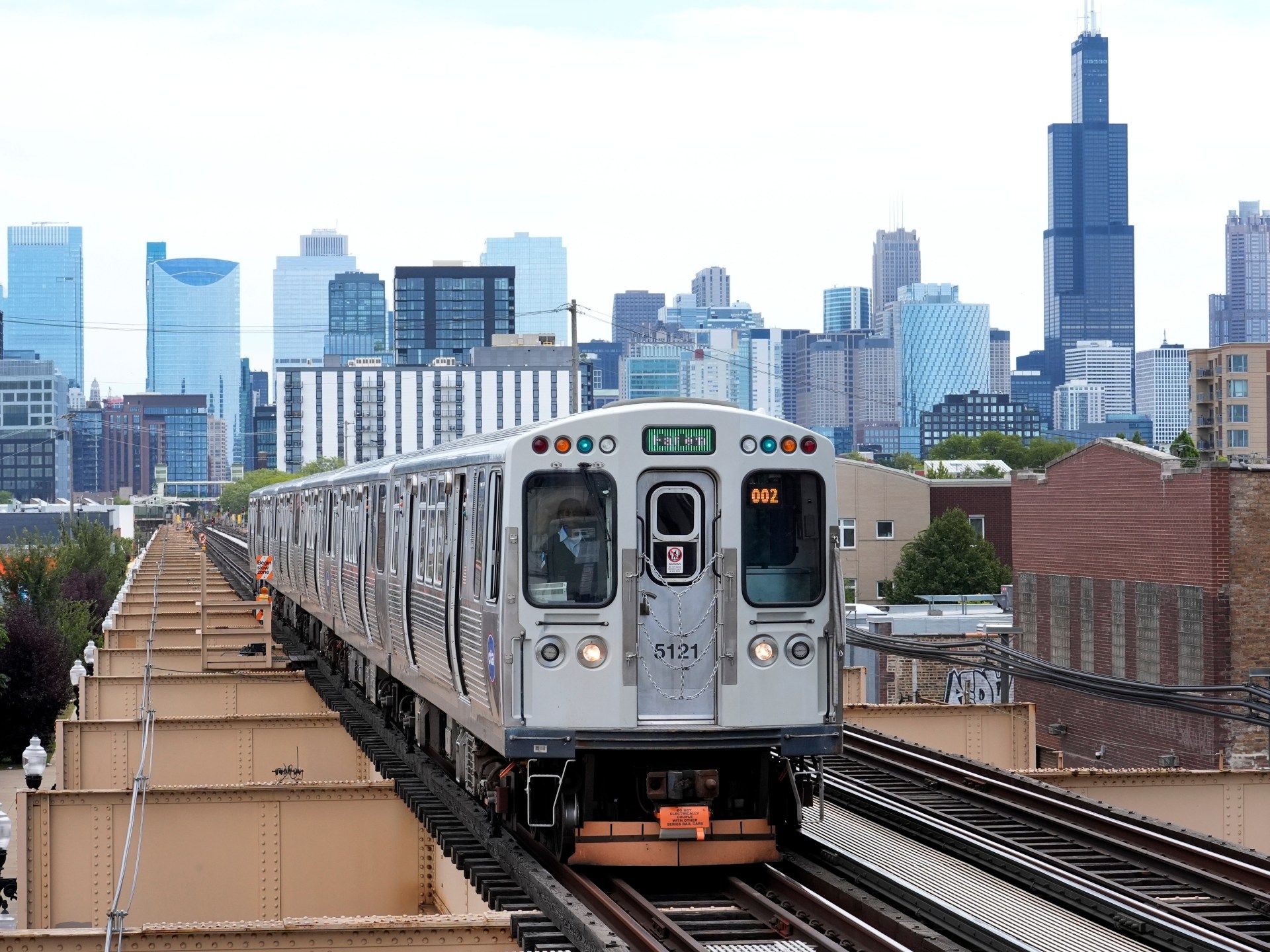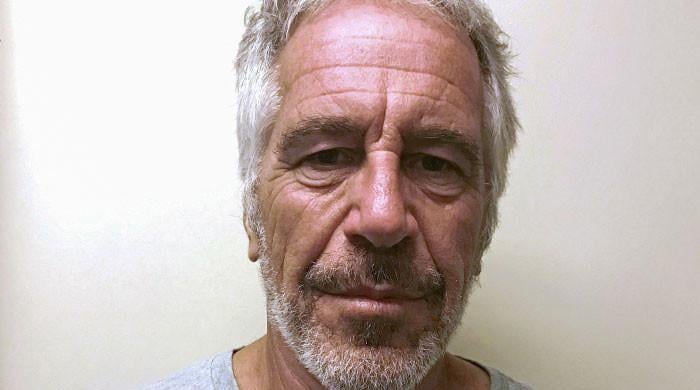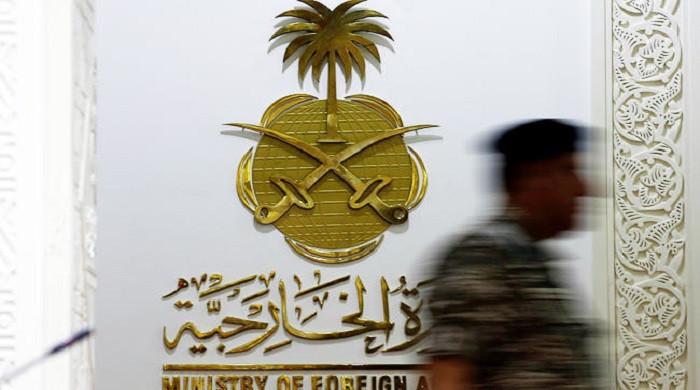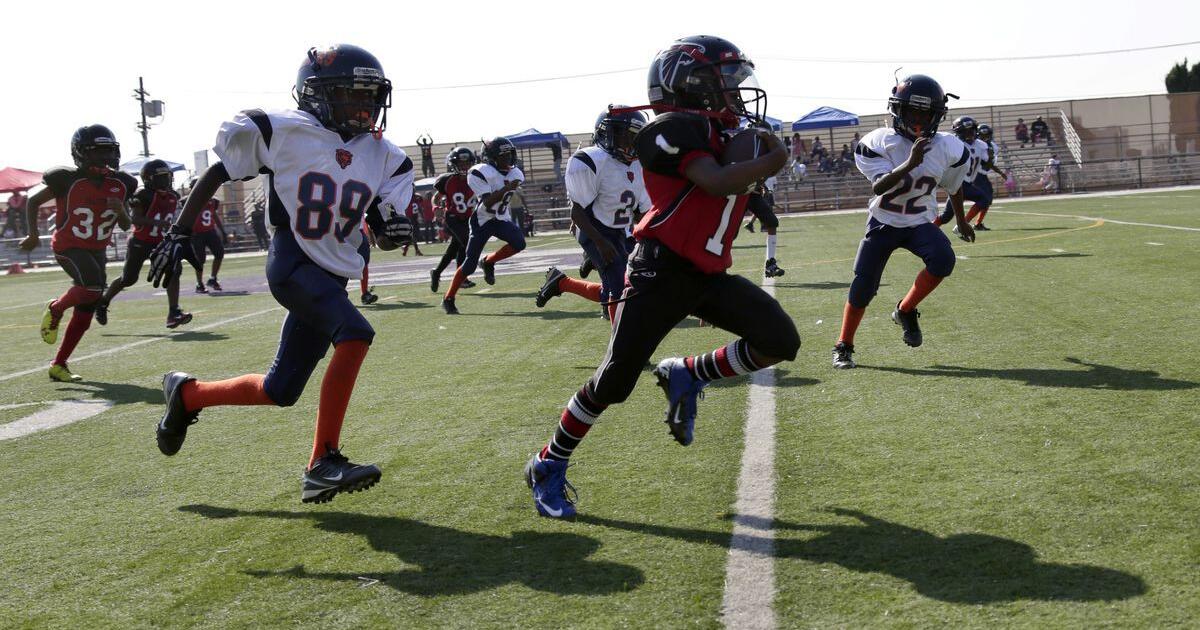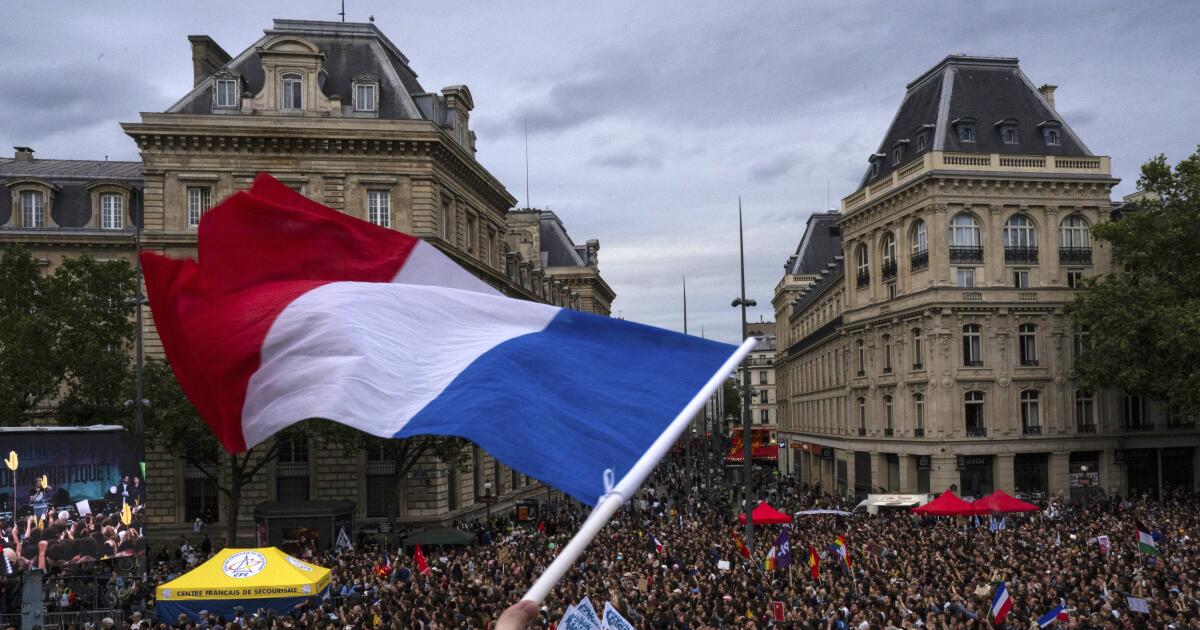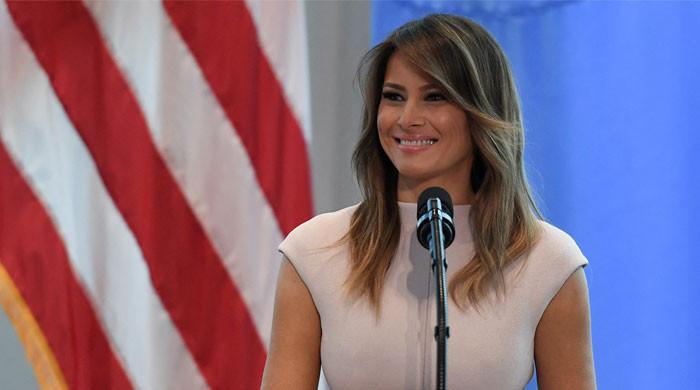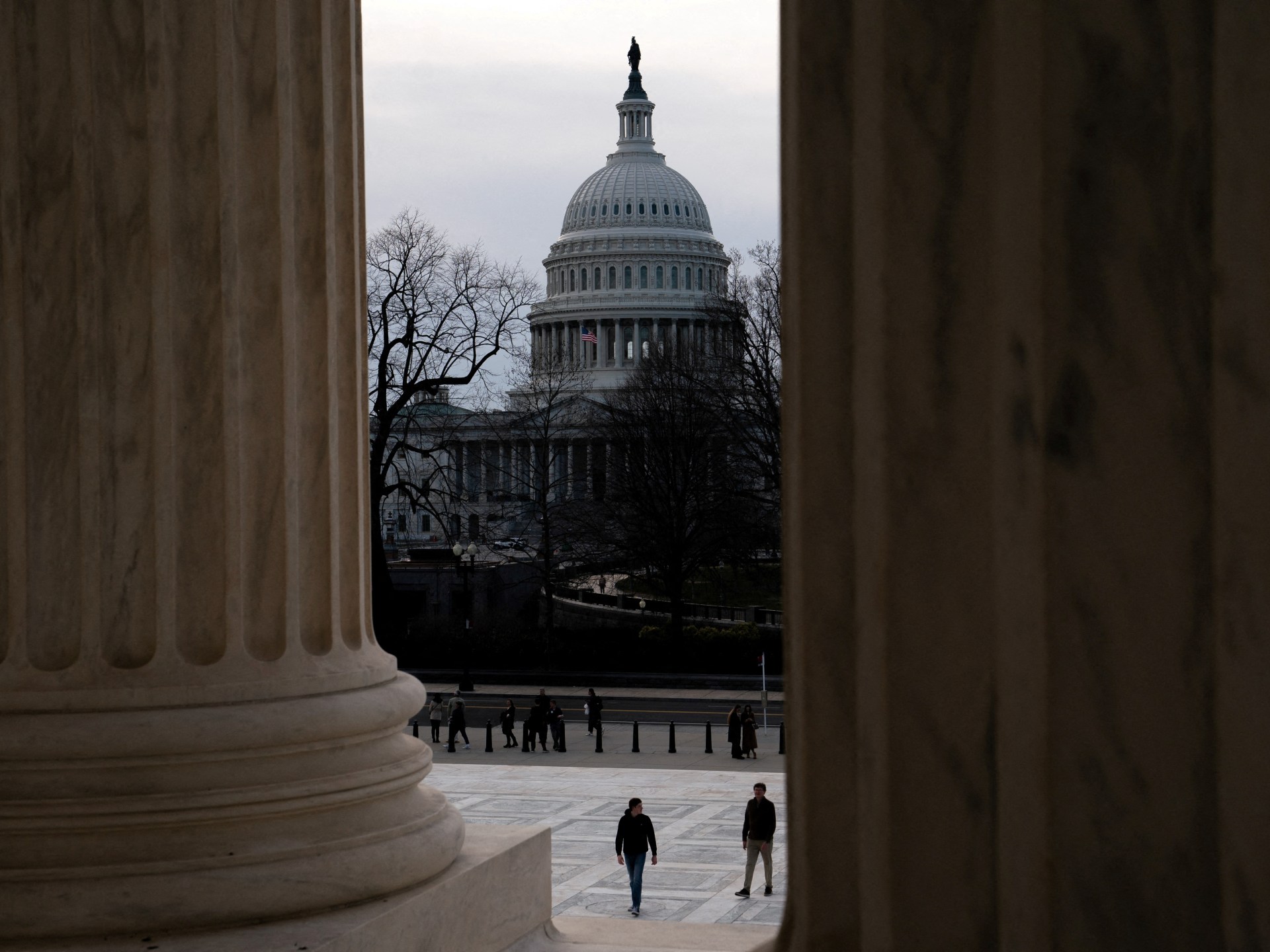But for all the ways Chicago represents Democratic ideals, critics say it has also exemplified the party's faults and divisions.
The specter of an earlier convention in Chicago that ended in riots and violence looms over the upcoming Democratic National Convention.
In 1968, the Democratic Party was grappling with issues like police violence, racial inequality and an unpopular war abroad, just as it is today. Then, as now, a turbulent election season was unfolding.
Still, the party gathered in Chicago for its 1968 Democratic National Convention.
But the Democrats were in turmoil. Less than three months earlier, the assassination of Senator Robert F. Kennedy, widely expected to be the Democratic nominee, had thrown the party into disarray.
A late entrant into the Democratic race, Hubert Humphrey, eventually became the nominee. He did not win any primaries, which created some controversy.
Also looming over the convention was the unpopular Vietnam War, which had sown deep divisions within the party. Chicago was a tinderbox. Protesters took to the streets to express their frustration. The Chicago police were waiting for them.
Since then, images of their clashes have remained etched in the national consciousness.
At the time, 93-year-old political consultant Don Rose was the media spokesman for the National Mobilization Committee to End the Vietnam War (MOBE), which called for anti-war demonstrations.
“The biggest thing I saw was the horrendous beatings that took place on the last day of the convention,” Rose said. “I think the world has seen famous scenes that people refer to as the Battle of Michigan Avenue, where police were brutally beating protesters.”
Rose believes the Democratic Party today should look back on that era as an example of what not to do.
“The main lesson we must learn is that protesters must be given the opportunity, as provided for by the First Amendment in the United States. [says]to be able to protest,” he said.
He added that it was important to allow protesters “to be within earshot” of the convention “so that senior party members inside could hear their voices.”
There are already questions about how to respond to protesters swirling around this year's Democratic nomination.
Hundreds of protesters are expected to gather outside the 2024 convention site to protest Democratic support for Israel's war in Gaza.
And critics have seized on Walz's record as governor during the 2020 racial justice protests in Minnesota to investigate whether he reacted quickly and decisively enough.
Those questions are part of larger divisions within the Democratic Party, between centrists who often prefer a tougher approach to criminal justice and progressives who seek reform and an end to police misconduct.
Still, Cowan said the current optimism surrounding the Harris-Walz campaign may overshadow any protests outside this year's convention in Chicago.
“The protest may be strong, but the protesters may find themselves in a very small minority due to the tremendous enthusiasm for [Harris]“Cowan said.

